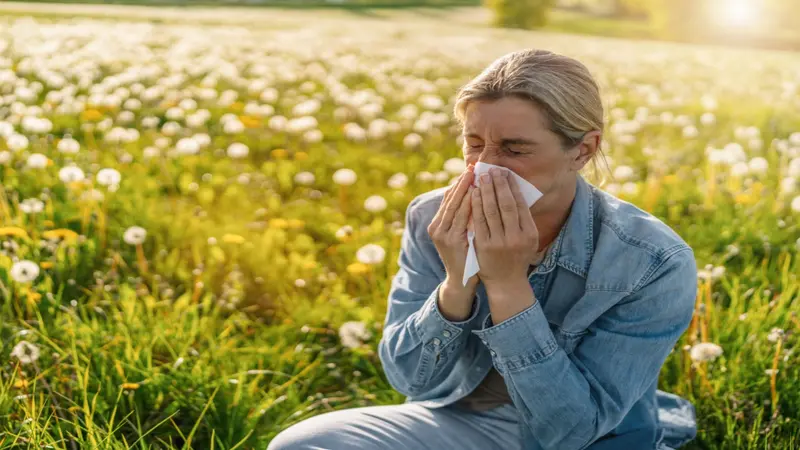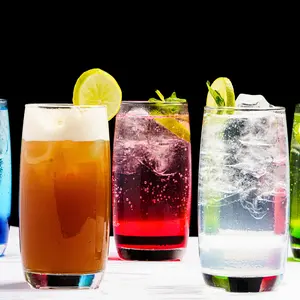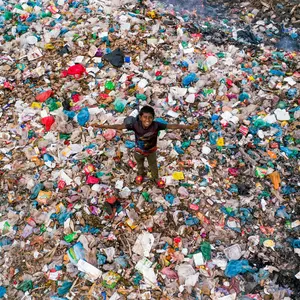

Planet and People Connection

Planet and People Connection
Pollution Is Making Your Allergies Worse
If seasonal allergies feel worse than ever, it may not be an overactive imagination. A new study from Belgium, published in The Lancet: Planetary Health, found that pollution from nitrogen, a common fertilizer and air pollutant, could be making pollen more plentiful and more powerful.
Pollen allergy—often called hay fever—affects millions of people worldwide, causing sneezing, itchy eyes, and even asthma attacks. This study looked at how grasslands respond to nitrogen pollution, especially from farming and fossil fuel use. Researchers compared 50 grassland sites: half had been exposed to extra nitrogen (through fertilization or pollution), and half had not.
The results showed that grasslands with more nitrogen produced over six times more pollen than their cleaner counterparts. But quantity was not the only problem, the polluted pollen itself triggered stronger allergic reactions.
To measure this, researchers tested pollen on immune cells from people allergic to grass. Specifically, they looked at basophils, a type of white blood cell that plays a role in allergic reactions. When exposed to pollen from nitrogen-polluted areas, these cells showed five times higher sensitivity. Blood tests also showed that this pollen prompted more of the allergy-related antibody known as IgE.
The study also found that nitrogen pollution changes which plants dominate grasslands, favoring fast-growing species that thrive in nitrogen-rich soils. These grasses tend to produce a lot of pollen, which worsens the allergy burden.


 By
By






